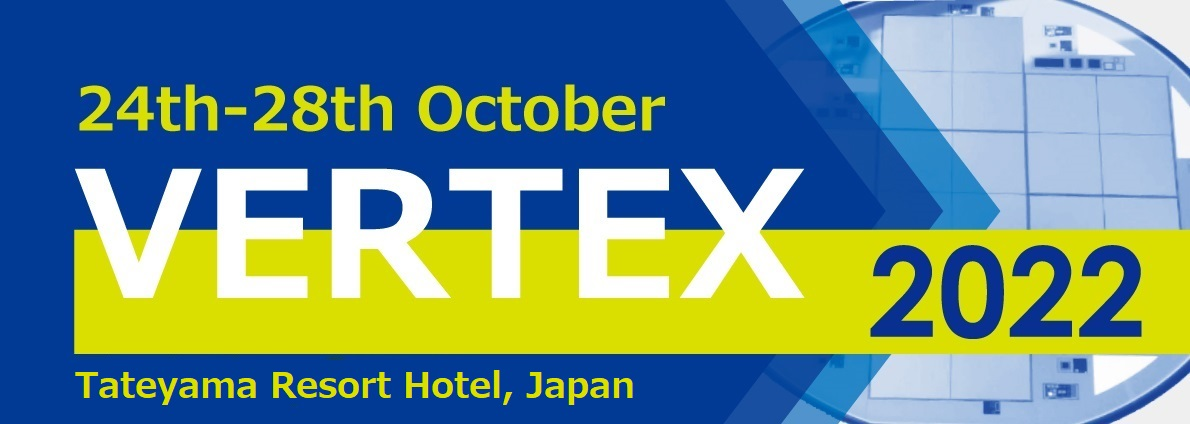Speaker
Description
Construction of linear e$^+$e$^-$-colliders has been proposed as a high-precision complement to the LHC and HL-LHC. The advantages of such a collider are a well-defined initial state with a tunable centre-of-mass energy, a clean environment with small backgrounds compared to hadron collisions, and the possibility of using highly polarised beams. This enables precision studies of Higgs couplings, as well as the potential for studies of physics at higher energies with unprecedented sensitivity.
The international linear collider (ILC) is a proposed accelerator for such e$^+$e$^-$-collisions, designed with upgradeable collision energy in mind. The ILC has two proposed detectors, named ILD and SiD. This talk will focus on silicon technology developments suitable for use in the tracking systems of the two detectors, meeting the tracking requirements posed on them by physics studies. This includes both state-of-the-art developments in silicon sensors, and new developments in support structures and cooling. While the environment and detector requirements at linear colliders differs from experiments at the LHC, technology developments based on upgrades of those experiments can be very beneficial also for use in a linear collider setting. The talk will go into some detail about different silicon sensor technologies, with a focus on monolithic pixel detector developments.
| contact person e-mail | h.wennlof@cern.ch |
|---|
